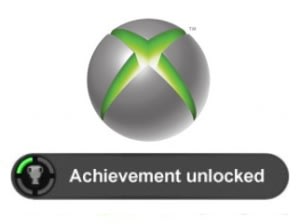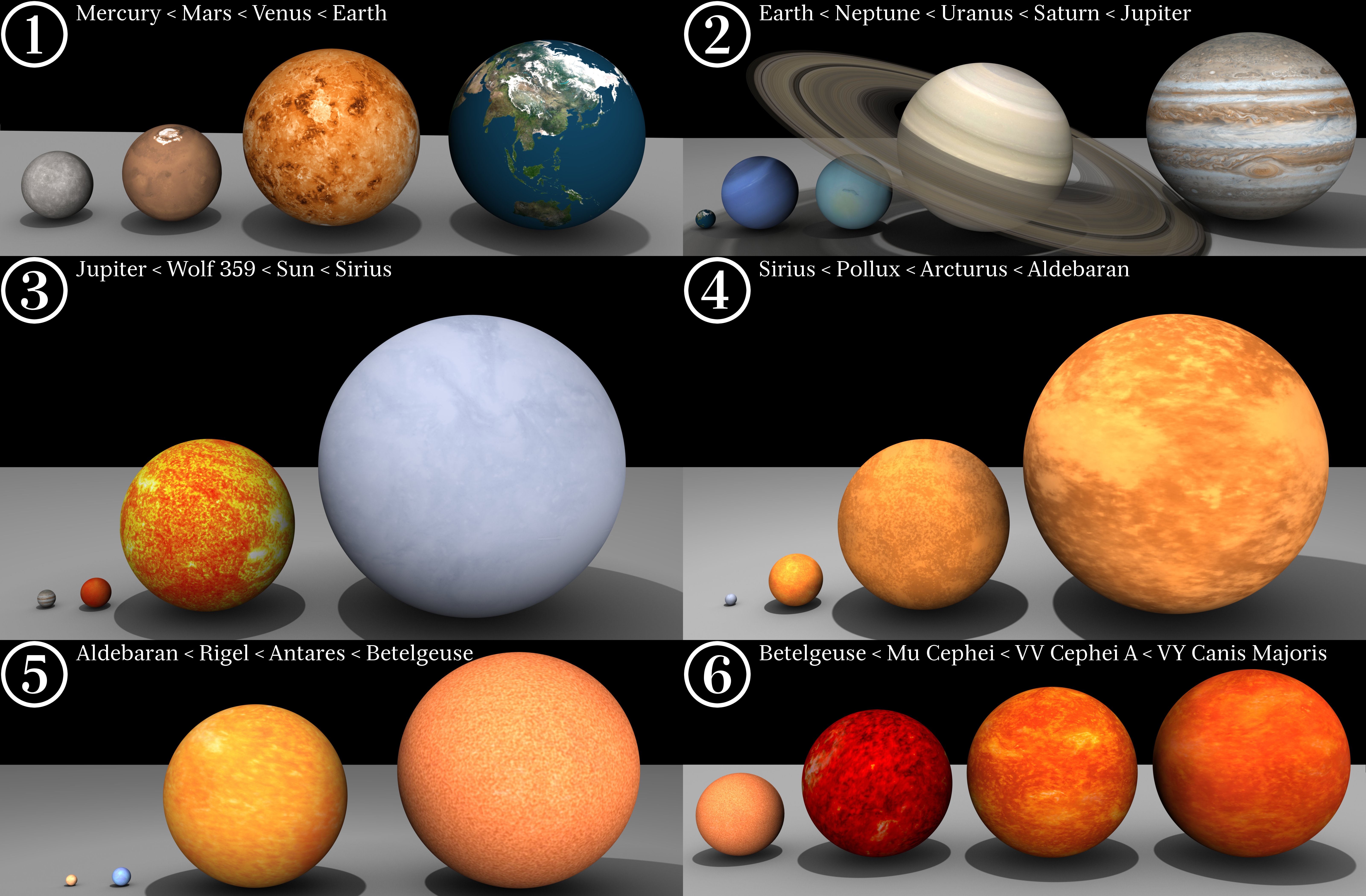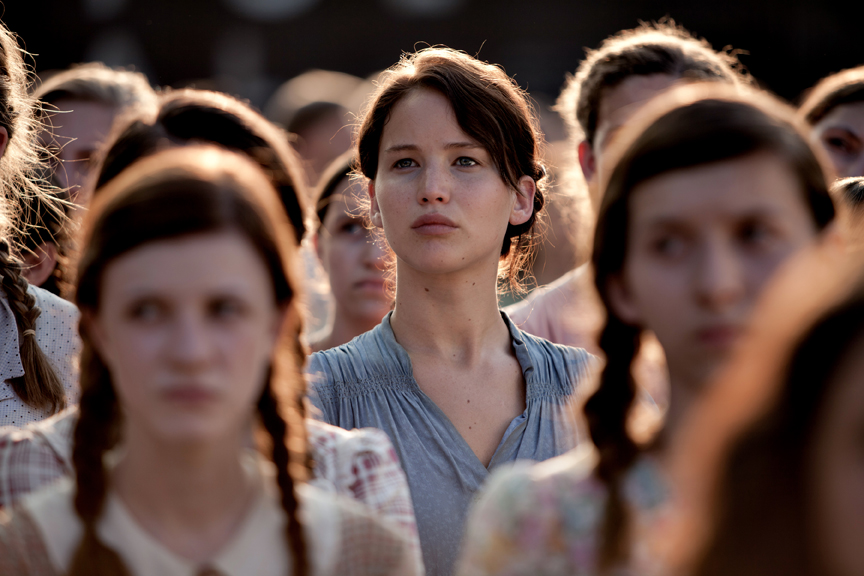CLAWDIS
Calculated Logs And Word Disasters In Space
Tuesday, December 31, 2013
Happy New Year 2014
Because what matters, in the sentimental part of or souls, is that we matter to each other. And what matters, in the empty part of our souls, the part that feels it has nothing, is that stars is all we are, and we travel together through this cold and beautiful universe, ticking the patterns away to recall our time of awareness. Our time to love, to define and struggle over the very word. That sentience is beautiful to me.
Happy New Year.
Don't forget to catch the onslaught on Mars this fall: http://www.space.com/20060-comet-mars-2014-collision-explained.html
Thursday, November 14, 2013
Why do we blog?
I used to like to keep track of my dreams. Whenever I stopped telling someone close to me about my dreams, I knew we were drifting apart. I don't mean my hopes and fairytales of the future. I mean my actual, neurotic, acid tripping dreams. I mean when you shut your eyes and your mind tries to fit a Trex wearing a sweater vest through a Cheerio because if you can't make it work there will be dire consequences. This particular dream sounds sort of biblical to me now that I think about it. Something about a camel passing through the eye of a needle? I blame REM sleep plus decades of Catholic upbringing. But I think my visuals are way cooler.
Other than cataloguing weird dreams for my future, inevitable psychological evaluation, I guess I blog because I'm restless. At this moment, I'm on break at work staring down a long day with a queasy beer hangover and naught but a cup of coffee and egg sandwich to ease my suffering. Id rather be home in bed dreaming about dinosaurs. First world problems.
Friday, April 26, 2013
The Interpersonal Rat Race
I'd be lying if I said this wasn't, well, personal in some way, and that I'm not being defensive at all. But the truth is, the way we view our progress in our personal lives is very much affected by what we see others around us doing. Unless we are completely passionate or completely apathetic about something, we tend to grade ourselves on a curve.
Facebook has made us all too aware of that curve, however small a sample group that happens to be. Every time we log on we get a veritable progress report of other people's lives, which in turn informs our own sense of progress. I'm not saying this is a good thing. But I also don't think it's an entirely new phenomenon.
However, I do think there's this illusion today that all 20-somethings don't want to settle down. As if it is some confirmed choice they are making. I suppose, for some people, that may be true. But for the majority of us, we generally don't have the luxury of happening upon a good life partner while we are struggling to find work, to keep work, and to basically feed ourselves and keep a roof over our heads. I have nothing against facing these struggles with someone I trust next to me. It's finding someone to trust that becomes the problem. When your day is filled with your job, job hunting, staying healthy, and staying sane as you stumble around (which, let's face it, is basically what your 20's are), unless you stumble right into the right person, your mostly stumbling around alone, hoping you can find your feet somewhere that makes you happy. Because when you do what makes you happy, and are happy yourself, it generally increases your chances of finding someone who also makes you happy.
So, no, I don't believe that there is some mythical "One" out there that people should just be waiting to stumble into like some trite romantic comedy. But I think there are two ingredients to a lasting partnership, and both need to be there for it to really work: 1) right person and 2) right time. People tend to forget about the latter. There are several reasons why the timing could be wrong. Maybe you aren't emotionally available, maybe you're moving, or maybe you're already too far away. True, there's a fine line between reasons and excuses. But even making illegitimate excuses itself is a sign that one or both of the needed ingredients are missing.
Meanwhile, we see friends, and colleagues, and that-person-we-really-don't-know-but-for-someone-reason-we're-facebook-friends getting engaged, married, buying homes and making babies at an alarming rate. And, suddenly, it seems as we are moving in slow motion, stuck in existential molasses and hyper aware of our mortality for the first time. As if there is something wrong with us for not keeping up with this curve, this interpersonal rat race for the partner, the family and the home. But the truth is people do things at their own pace, in their own time, and always have. The people that force themselves into things for the wrong reasons, because of their own doubts or insecurities, tend to eventually wake up one day living a life they never wanted.
Once we realize this, we also realize that grading our interpersonal relationships on a curve is flawed and ultimately dangerous to our own development. In the end, the only way to feel as if you aren't moving in slow motion is to keep moving yourself, without stopping to compare yourself to other people. Move toward something you want. Making moves towards something you think you should want is just another form of lying to yourself.
Thursday, March 21, 2013
What I Want
Wednesday, February 20, 2013
Partisanship in the 21st Century
So, then, what did I hate? Well, you know that feeling you get when all you want cable for is to watch Shark Week and Breaking Bad, but you have to pay for atrocities like TLC and Bravo to get it? That’s sort of how I felt about politics: like a frustrated, cable-bundled consumer. What’s worse, I knew everyone around me hated it too. But one conflicting viewpoint into a conversation and they were singing the bundling song and dance. Suddenly, because I liked watching shark documentaries (I mean who doesn’t?) I also must like Bridezillas because, after all, it’s part of the bundle.
 |
| This makes total sense |
In a country that prides itself on democracy, the supposed lens of politics in the 21st Century, we all seem to be complacently running on an alarmingly small number of choices based on the fear that finding new ones will only result in the least desired outcome gaining ultimate power. We are stuck in a holding pattern that has forced us to bundle issues that have little logical relation to one another. As a nation, we’ve divided ourselves into teams like some bureaucratic game of capture the flag. And it’s only getting worse.
In his post-election concession speech in 2012, libertarian candidate Gary Johnson stated, “A wasted vote is voting for somebody you don’t believe in and there were a lot of wasted votes tonight.” Whatever you think of Johnson or his affiliations, the sentiment here expresses a missing piece in the heart of a democratic society. We’ve started to vote against the person we loathe rather than vote for the one we believe in. It has turned our participation in public affairs into a negative right, one based one the absence of real choice.
Nevertheless, the polarization appears to be increasing. With one party hoping the other goes the way of the Whigs, and the other clamoring to redefine itself into another bundle combo. The result is either a one party system, or another two party standstill. It changes nothing.
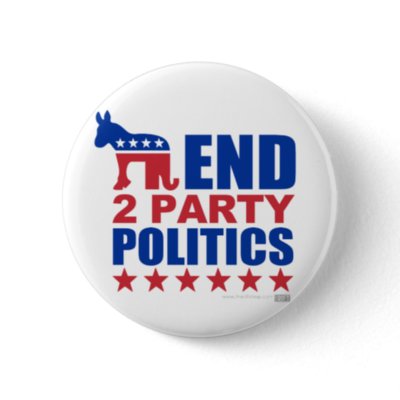 |
| Uh, what? Credit: zazzle.com |
There’s a perception that red is limited government and blue is big government. There’s also a perception that we can whittle every public policy view down to a couple primary colors so I don’t know why I find this surprising. In any case, the assumption overlooks the fact that limited or big government is circumstantial, dependent on priorities. And like everything else in bipartisan America, priorities come bundled.
Some hope--and others dread-- that libertarians will introduce a third party to the system. But in my experience, it’s generally treated like an ideology more than a party. And, once again, when opinions clash, many are quick to assign that ideology red or blue colors, if not dismiss it entirely. Perhaps all this is easier on us, this dichromatic, paint-by-the-numbers approach to a citizen’s participation in public affairs and discourse. We vote for candidates primarily based on what team they're on, and yet we couldn’t be more displeased with our representatives. Perhaps this is justified with the knowledge that our color is on the side of the good and the righteous, even if it is outrageously prone to hyperbole. But how far are we willing to oversimplify policy and dilute our voice for the sake of a lesser evil? When does this bundling system itself become the worst outcome?
This is not about what stance I take on public policy issues. My stances are wide, varied, and open to growth based on new information and perspectives, all informed through the lens of our democracy. This is about having a real choice to hold views free from the platforms they’ve been locked into. If only to dispel party prejudice and return civility and efficiency to political discourse amongst ourselves: color me disenthralled.
Monday, February 11, 2013
Galactic Perspective
Altogether, this means, at this moment, you are hurling through space at roughly 2.7 million miles per hour around a supermassive black hole in the center of our galaxy. Supermassive black holes’ gravity are largely responsible for the formation of galaxies, and the gravity is so intense, it literally distorts space time around it. The black hole at the center of our milky way accounts for .1% of the galactic center. In the largest known supermassive black hole in galaxy NGC 1277, it accounts for 59% of the mass of the galaxy.
Our sun, 1.3 million times the size of Earth, is a yellow dwarf. The largest known star, VY Canis Majoris, is over 2000 times the size of the sun. The most massive known star, R136a1, has the mass of 236 suns and burns 8,700,000 times more brightly.
There are 200-400 billion stars in our Milky Way galaxy. There are at least hundreds of billions, possibly trillions of galaxies in the known universe.
The radius of the observable universe is about 46 billion light years. However, thanks to the WMAP satellite, temperature fluctuations have been recorded over the entire sky measured at a very narrow resolution. The readings are consistent with the universe being flat. However, if the Universe does curve back and close on itself, its radius of curvature is at least 150 times as large as the part that observable to us. Meaning that the entire Universe extends for at least 14 trillion light years in diameter.
So, you know, when you’re stressed about something, just remember to relax and enjoy the ride.
Sunday, March 25, 2012
Hungry Hungry Hunger Games: The Reader Experience
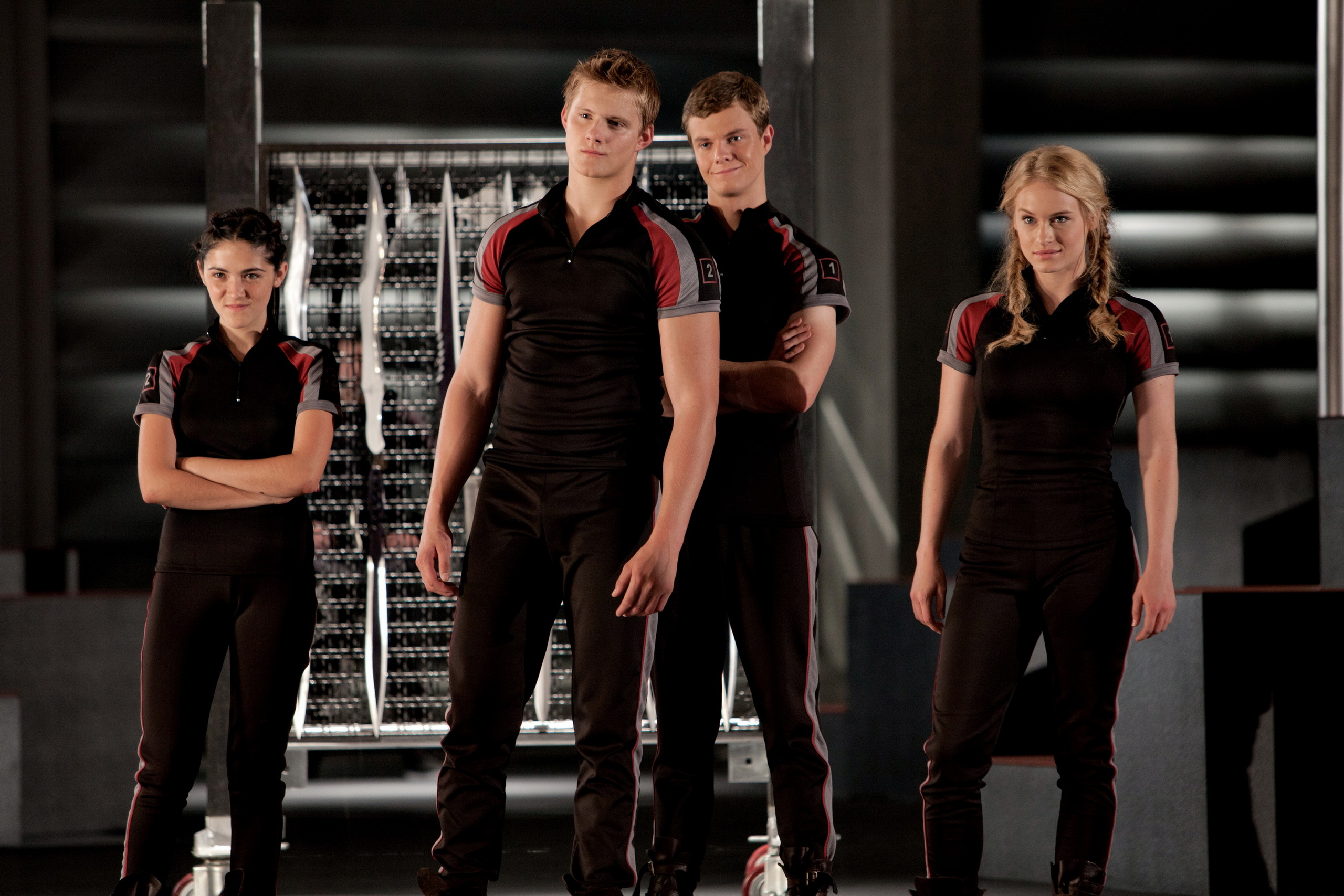 |
| Careers are so cocky. |
 |
| Let's just cast her in every movie ever from now on. Yes. |
 |
| The tension was palpable. So was the pink. |
 |
| The simple pleasures of eating wild bird after you've been living on bark and jerky. |
Again, this scene was probably less devastating to those who had not read the book. In the novel Katniss spends much more time taking care of Rue, and narrating how much she reminds her of her sister Prim. The two form an alliance together and Rue tells Katniss about the agricultural district, giving some insight into the how others in Panem live. By the time Rue dies, the Reader has formed a bond vicariously through Katniss who has come to see Rue as another younger sister. In the film, Lawrence does a fantastic job communicating the agony of that loss and despairing at the injustice. However, to a Nonreader, it may have seemed like it was just a sad death of someone too young, rather than the death of a fleshed out character.
 |
| No, Katniss. Shoot Marvel in the neck not the chest. It was bloodier and more awesome. |
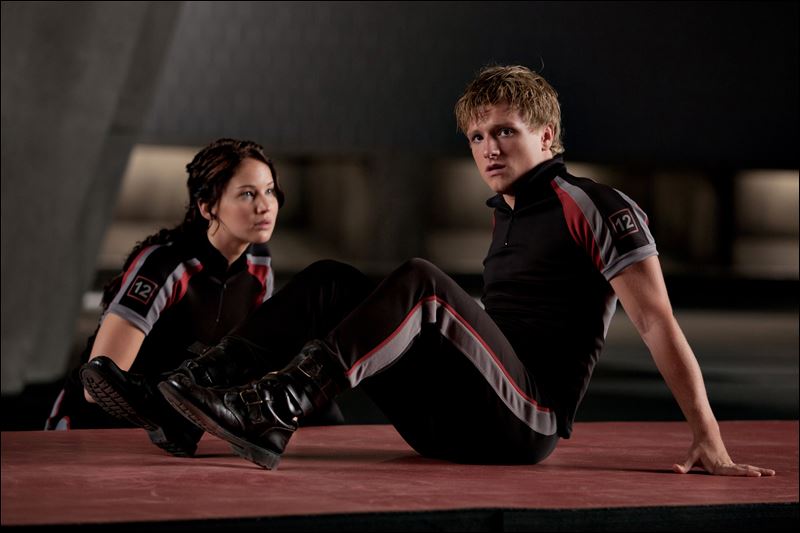 |
| "I think Cato has a crush on you. Go throw something heavy." |
 |
| "Oh..shit." |
 |
| Slouching is the new black. |
 |
| "Look, fire is the new slouching. I don't make the rules" |
